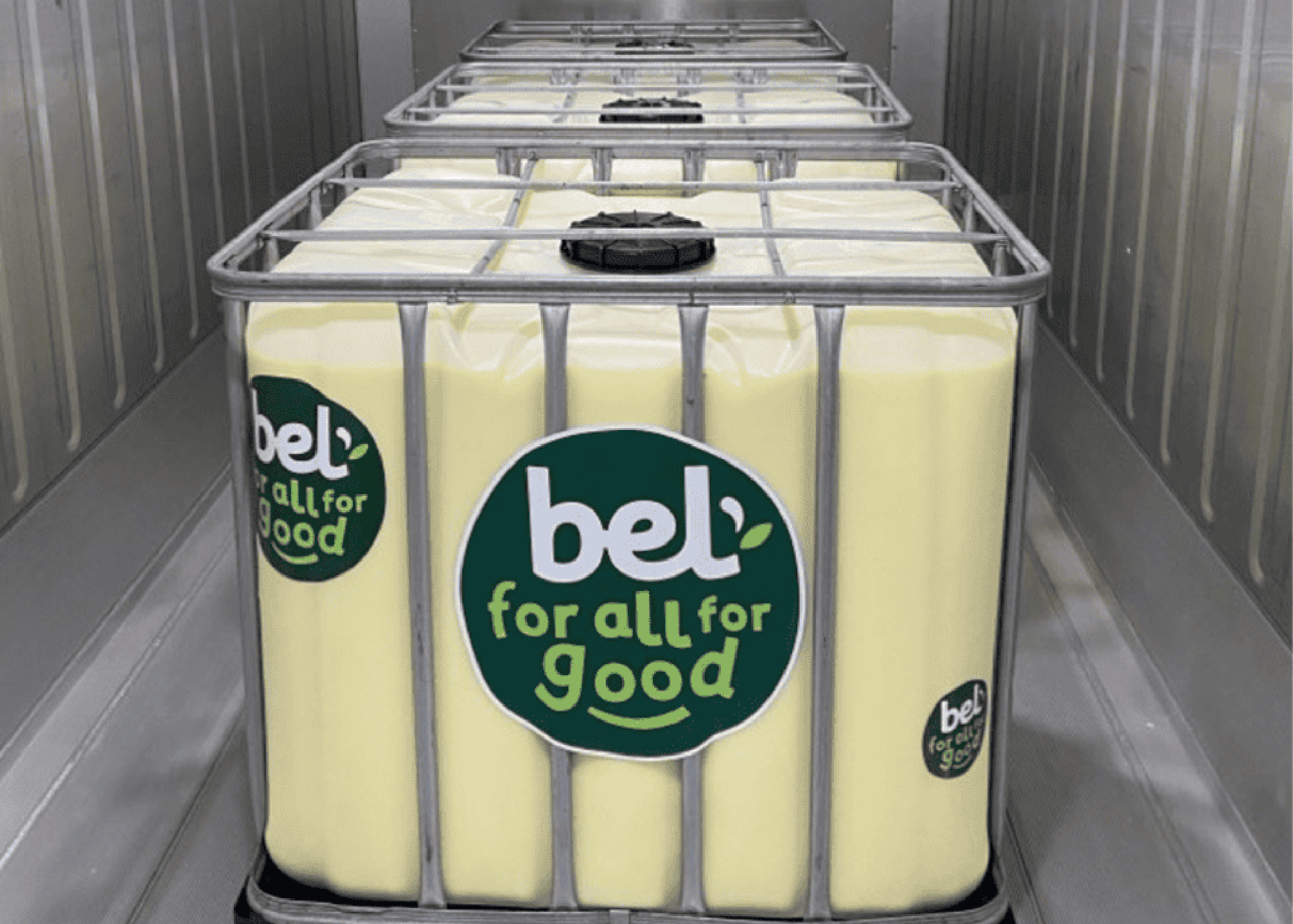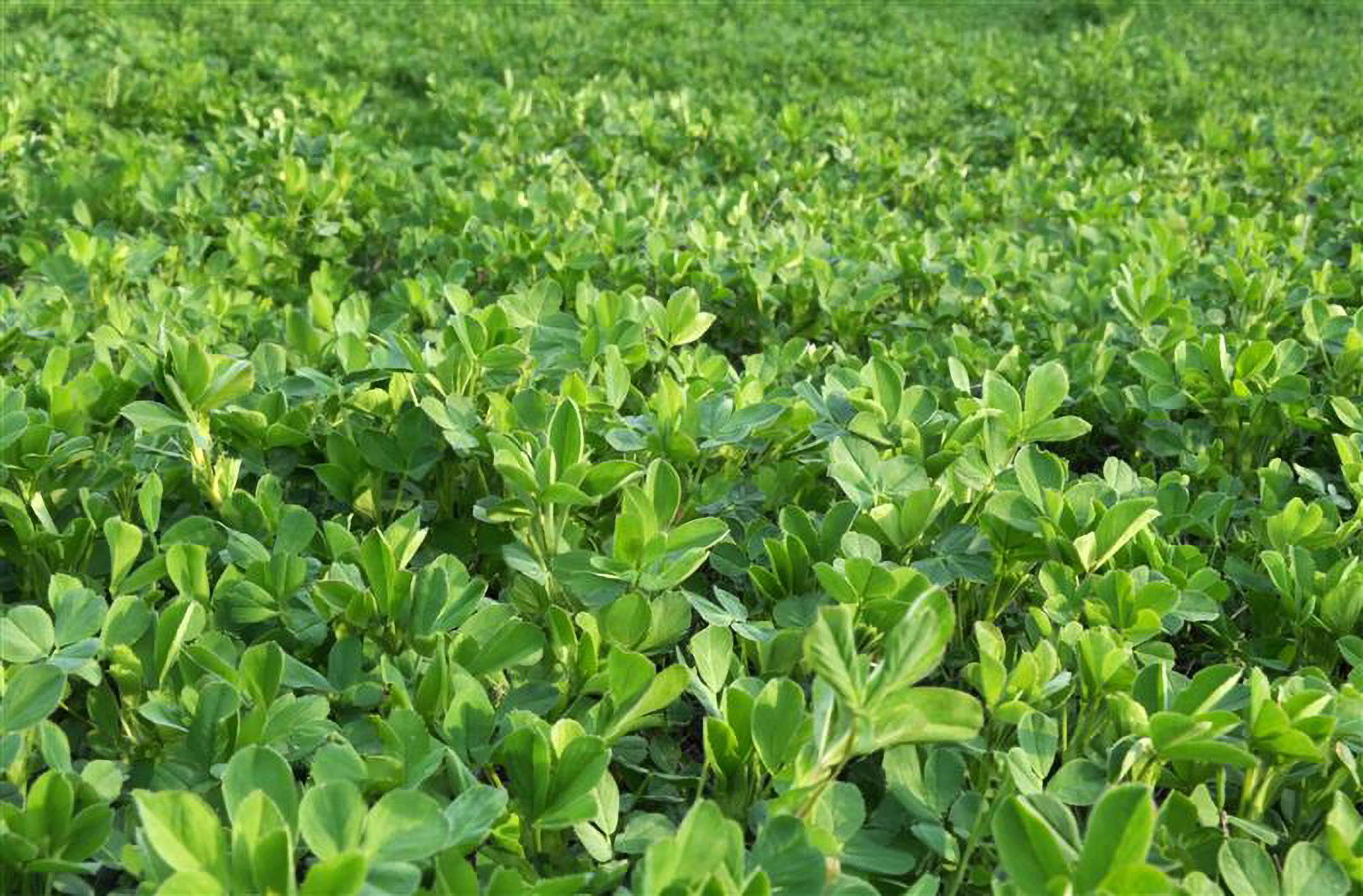

Leading Shariah scholars rule cultivated meat can be halal
GOOD Meat, the cultivated meat division of food technology company Eat Just, Inc, has announced that a group of leading Islamic scholars has advised the firm that real meat made from cells, without raising and slaughtering animals, can be halal if production meets certain criteria. Answering this theological question is a meaningful step forward for international acceptance of cultivated meat since halal consumers represent about 25% of the world's population.
This landmark Shariah opinion from a trio of well-respected scholars in Saudi Arabia comes as cultivated meat begins to enter commerce in the USA and consumers around the world are learning how meat made in this new way can help address global food systems challenges connected to climate change, food safety, food security and animal welfare. With the Muslim population rapidly increasing, so too is their meat consumption. The global halal meat market was a US$202 billion business in 2021 and is estimated to reach US$375.05 billion by 2030, according to some estimates.
The Shariah scholars reviewed documentation prepared by GOOD Meat and attorneys at AlDhabaan & Partners in association with Eversheds Sutherland that described how cultivated chicken, the company’s first product, is made. The panel studied details about how the cells are sourced and selected, the ingredients fed to the cells to stimulate growth, how the cells are harvested and how finished products are manufactured.
GOOD Meat also engaged the Halal Product Advisory, a Division of Halal Product Development Company, a fully owned subsidiary of the Public Investment Fund of Saudi Arabia, to advise and assist the company with the official process for halal pre-certification in Saudi Arabia and globally.
The scholars concluded that cultivated meat can be halal under the following conditions: the cell line is from an animal that is permissible to eat, such as a chicken or a cow; the animal the cell line is extracted from is slaughtered according to Islamic law; the nutrients fed to the cells are permissible to eat, and do not include any substances that are forbidden to be eaten such as spilled blood, alcohol or materials extracted from animals that have not been slaughtered properly or pigs; and finally the cultivated meat is edible and that it does not harm human health, and this is confirmed by referring to specialists, such as a country’s food regulatory agency
GOOD Meat’s chicken cell line and production process that were approved by regulators in the USA and Singapore do not yet meet the above criteria, however, with this clarity the company will work on a process to meet the halal guidelines moving forward.
"If cultivated meat is to help address our future food system needs, it has to be an option for the billions of people around the world who eat halal," said GOOD Meat co-founder and CEO Josh Tetrick. "This landmark ruling provides much needed clarity on how to ensure that is achieved. All companies should work to build a process to meet these guidelines."
The above ruling is a positive sign for cultivated meat companies that want to serve areas of the world with large Muslim populations, like the Middle East. In fact, a recent poll of more than 2,000 consumers in six key Middle East countries found that a vast majority of respondents would purchase cultivated meat and switch to it from conventional meat, assuming it was halal, sold at a comparable cost and tasted the same as what they are used to. The GOOD Meat-commissioned study released at last year’s United Nations Climate Change Conference polled consumers in Saudi Arabia, Qatar and other countries in the region.
In the poll conducted by PSB Insights, a leading independent consulting firm, climate messaging was one of the most effective tools to influence purchase intent. A recent article in the journal Frontiers in Nutrition sheds some light on that motivation, pointing out that eating halal cultivated meat may be considered by some as a step toward Khilafa (guardianship of nature). The authors note that “adoption of a diet with a lower environmental impact, via consumption of alt protein products, may be considered a way to uphold at least two of the five key principles: the preservation of life and linage.”
If you have any questions or would like to get in touch with us, please email info@futureofproteinproduction.com






